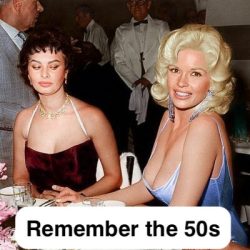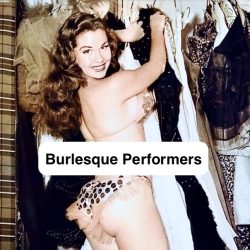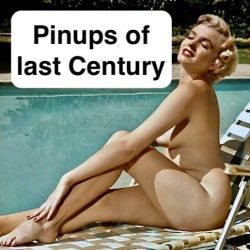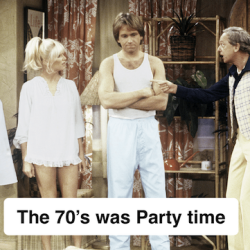Raquel Welch : publicity photo for Ken Annakin’s The Biggest Bundle of Them All (1968)
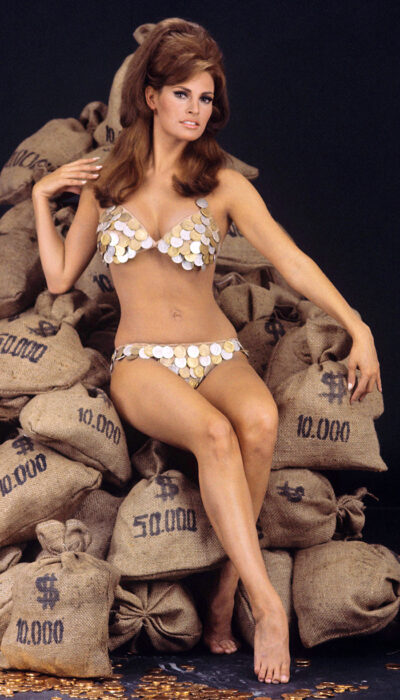 Cesare Celli moved back to Naples, Italy upon his retirement from the Chicago mob. Going home from the funeral of his mob friend Luigi, Celli is held up by a cocky, young American criminal, Harry Price, and his gang of four others, they demanding $50,000 cash or else his life. What Celli tells them is that despite his trappings of wealth, he actually has no money, and doesn’t want this fact getting around, especially to his long time associates. All avenues Celli tries to get the money from family and friends fail. Feeling like he is now worthless in having no respect among his associates, Celli, to regain his pride, proposes getting back into “the business” with Harry and his gang to the tune of $5 million, with the caveat that he is the boss with the others operating under his supervision. Calling in his old friend Professor Samuels from Philadelphia who has masterminded many a plot in Celli’s past, they embark on a plan to steal platinum ingots in transit by train destined to the port of Taranto, they in turn needing $3,000 seed money for expenses which they don’t have and thus have to steal from somewhere. They hit one problem after another largely in the ineptitude of Harry’s gang of novices, who he hired in holding up Celli precisely because they had no criminal background: Cockney Davey Collins, a mechanic by trade who married an Italian woman, they now with eleven children; Benny Brownstead, a classical violinist who is unemployed most of the time; and Antonio Tozzi, a chef who is trying to get out of the food business since he is overweight, his fiancée who refuses to marry him until he loses 100 pounds. The last in the gang is Harry’s girlfriend, Juliana, who, beyond dreaming of the exotic places she and Harry will go with their riches, has a special mission bestowed upon her by Harry in using her feminine wiles on Celli for some information. The question becomes whether all the wrongs they encounter will end up with a right at the end.—Huggo
Cesare Celli moved back to Naples, Italy upon his retirement from the Chicago mob. Going home from the funeral of his mob friend Luigi, Celli is held up by a cocky, young American criminal, Harry Price, and his gang of four others, they demanding $50,000 cash or else his life. What Celli tells them is that despite his trappings of wealth, he actually has no money, and doesn’t want this fact getting around, especially to his long time associates. All avenues Celli tries to get the money from family and friends fail. Feeling like he is now worthless in having no respect among his associates, Celli, to regain his pride, proposes getting back into “the business” with Harry and his gang to the tune of $5 million, with the caveat that he is the boss with the others operating under his supervision. Calling in his old friend Professor Samuels from Philadelphia who has masterminded many a plot in Celli’s past, they embark on a plan to steal platinum ingots in transit by train destined to the port of Taranto, they in turn needing $3,000 seed money for expenses which they don’t have and thus have to steal from somewhere. They hit one problem after another largely in the ineptitude of Harry’s gang of novices, who he hired in holding up Celli precisely because they had no criminal background: Cockney Davey Collins, a mechanic by trade who married an Italian woman, they now with eleven children; Benny Brownstead, a classical violinist who is unemployed most of the time; and Antonio Tozzi, a chef who is trying to get out of the food business since he is overweight, his fiancée who refuses to marry him until he loses 100 pounds. The last in the gang is Harry’s girlfriend, Juliana, who, beyond dreaming of the exotic places she and Harry will go with their riches, has a special mission bestowed upon her by Harry in using her feminine wiles on Celli for some information. The question becomes whether all the wrongs they encounter will end up with a right at the end.—Huggo
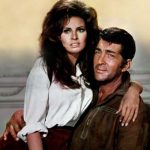




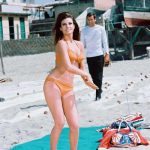
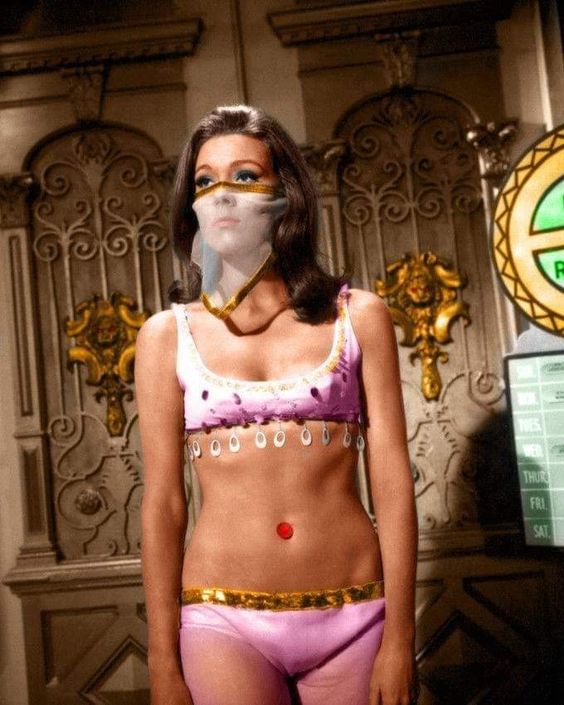
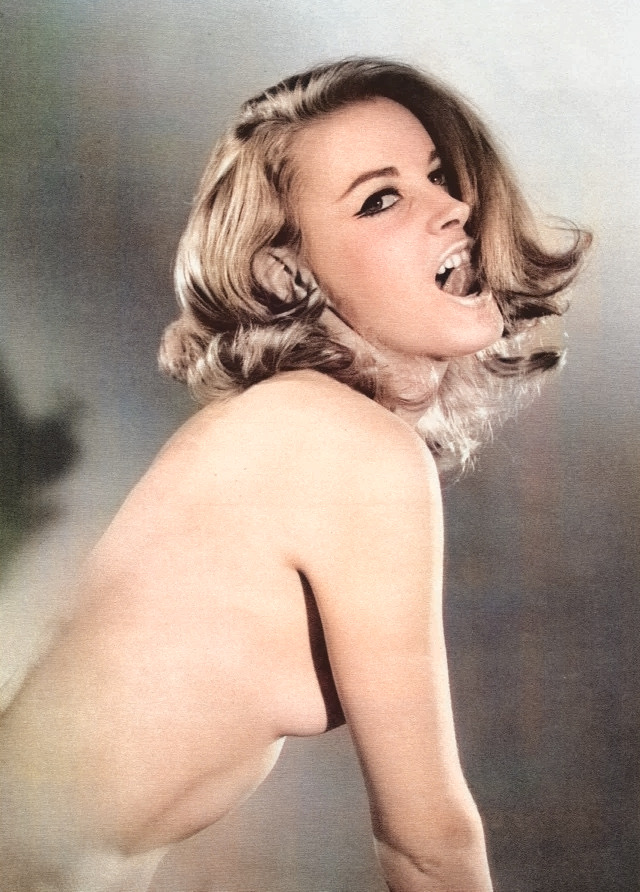
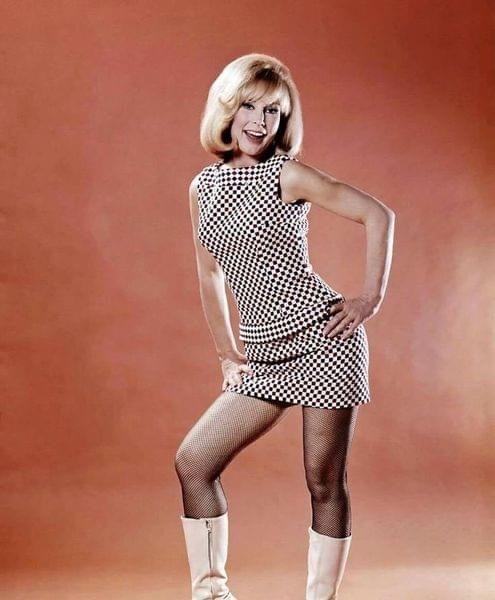
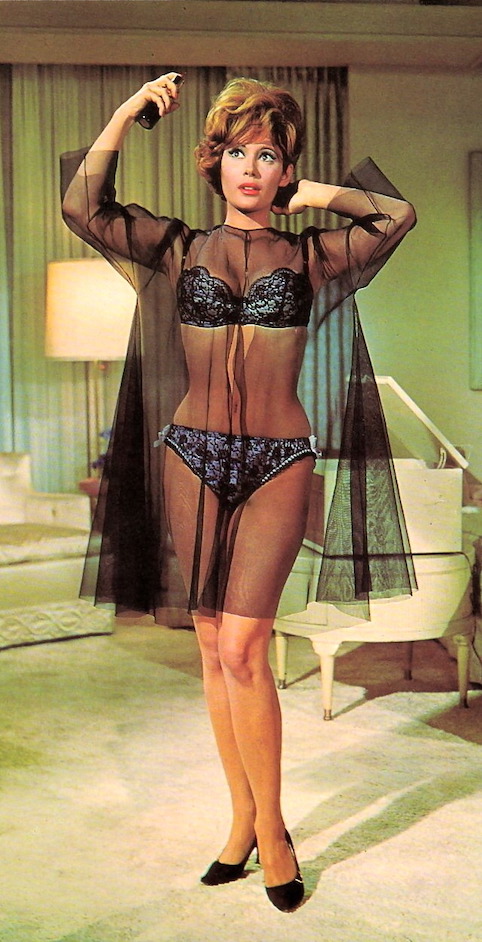
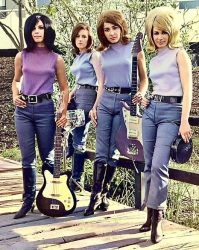
![Julie Newmar : still from The Marriage-Go-Round (1961) Julie-Newmar-still-from-The-Marriage-Go-Round-1961_OAHJY__please_credit[palette.fm]](https://the60s.fourthave.net/wp-content/uploads/2023/01/Julie-Newmar-still-from-The-Marriage-Go-Round-1961_OAHJY__please_creditpalette.fm_.jpg)
